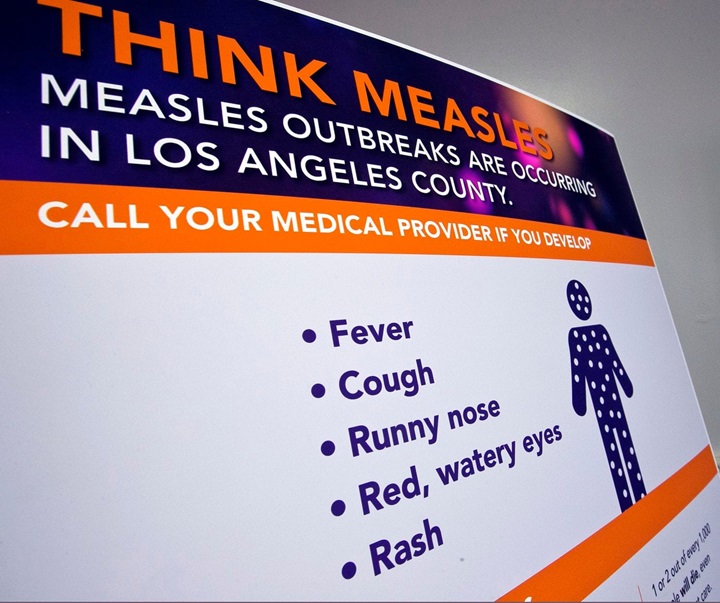The debate regarding vaccinations has existed since vaccines were first invented, with one side arguing the dangers of the act itself and the other, the consequences. Vaccines are, arguably, the greatest public health achievement in the history of mankind, and has helped prevent a multitude of diseases, including but not limited to polio, diphtheria, pertussis, rubella, and mumps, all of which previously wiped out thousands upon thousands of lives at a time. However, anti-vaccination sentiments are quickly rising in the United States, largely due to the apparent links between immunizations and autism which have been reinforced by the Internet, with dozens of sites publishing articles about the alarming dangers of vaccinations.
Vaccines work by injecting dead or weakened antigens that do not contain infections into the immune system in order to alert it to produce antibodies to fight the disease. Invented first in 1796, it has since become a norm in the United States to be vaccinated, and many people can attribute their health to the invention. But while the choice to receive vaccinations remains a decision entirely up to an individual, people have taken it as far as refusing to vaccinate their own kids. And that is where the ultimate problem lies.

[Source: Associated Press, Damian Dovarganes]
He also added, “Again, I want to reassure parents that vaccines are safe, they do not cause autism. The greater danger is the disease that vaccination prevents.” Vaccinations also help stabilize entire communities because it prevents those who cannot be immunized, like infants or people with medical reasons, from contracting the disease.
Measles is just one of the more recognized recent disease outbreaks among many others, which include deadly diseases such as whooping cough, mumps, meningococcal disease, influenza, HPV, and Hepatitis A. Although the number of deaths has been significantly reduced over the years, whooping cough once killed about 9,000 people in the US each year, and 80,000 Americans died of the flu in the winter of 2017, the highest death toll in around 40 years.
Continuation of the refusal to vaccinate one’s kids can result in further outbreaks of any vaccine-preventable disease, however, it would also ruin the herd immunity we have worked hard to achieve throughout centuries. If this layer of societal protection against diseases were to be removed, there is no telling just how many more outbreaks, infections, and even deaths our society would have to face.

[Source: Associated Press File]
Joyce Kim, Grade 9
La Canada High School

